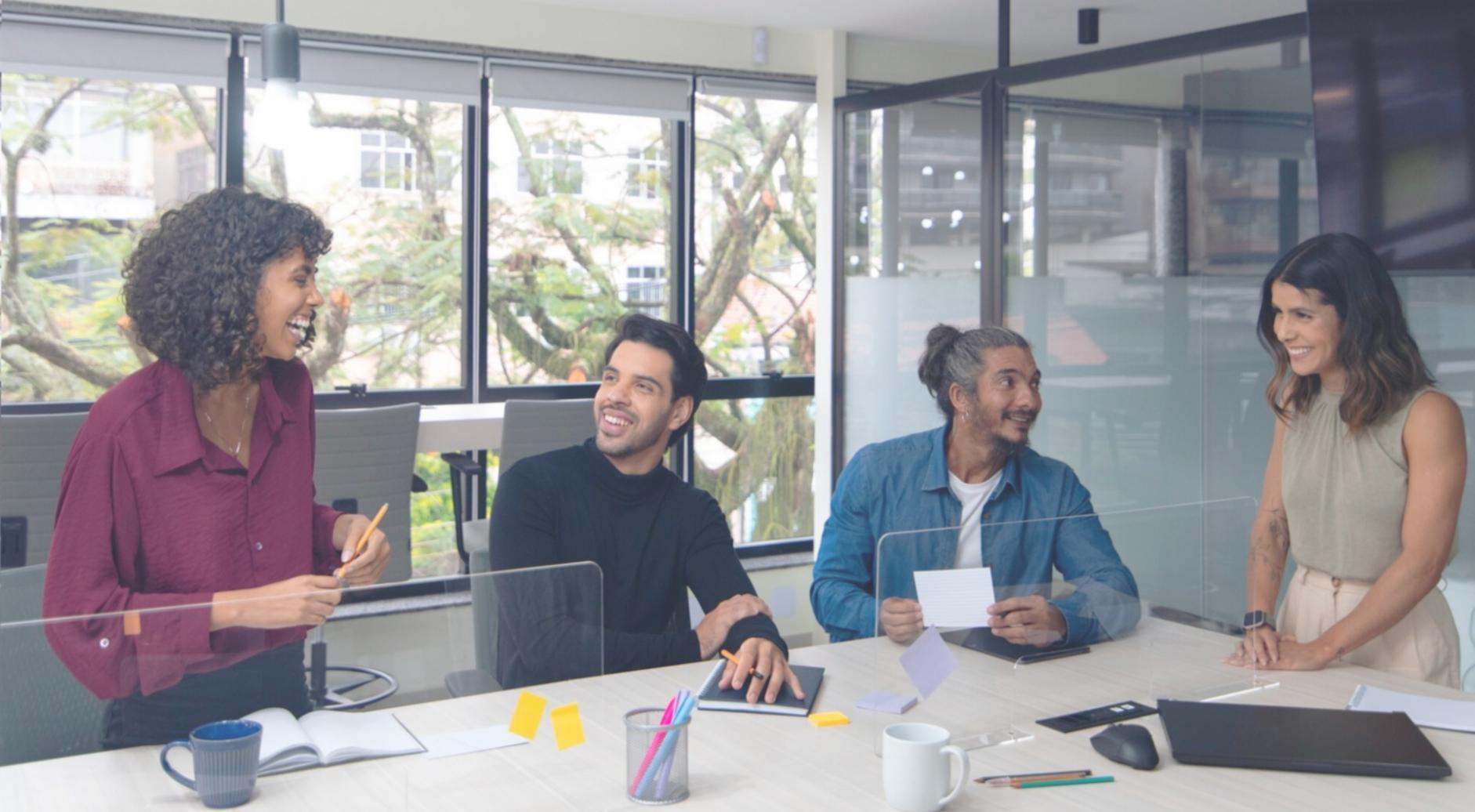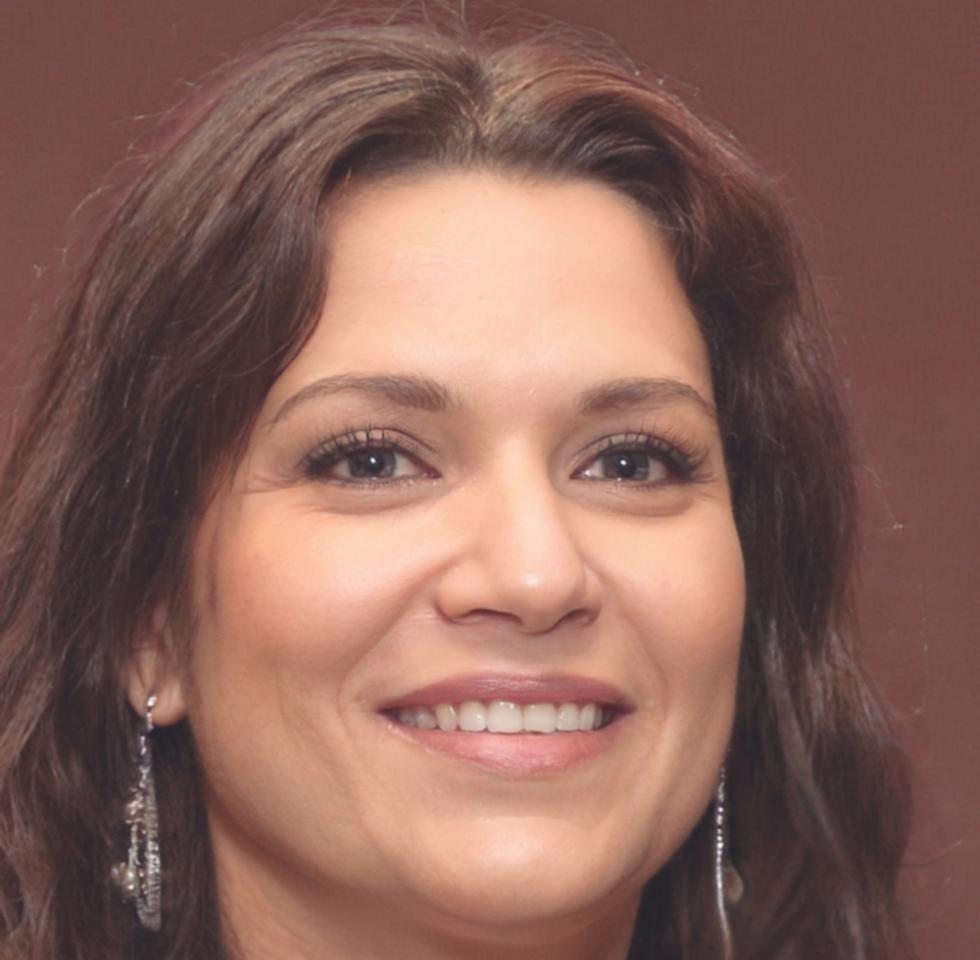Master Minimalist Budgeting
Learn practical financial management through our comprehensive program that strips away complexity and focuses on what actually works for Australian households.
Program Structure
Our curriculum is built around six focused modules that take you from financial confusion to confident money management. Each module runs for three weeks with practical exercises you can apply immediately.
Financial Reality Check
We start by looking at where your money actually goes. No judgment, just honest assessment. Many participants discover they're spending $200+ monthly on subscriptions they forgot about.
- Track expenses for two weeks using simple tools
- Identify spending patterns and triggers
- Calculate your true financial position
- Set realistic baseline expectations
The 50/30/20 Australian Edition
We adapt the classic budgeting rule for Australian costs of living. Housing prices in Sydney differ from those in Adelaide — your budget should reflect that reality.
- Adjust percentages for your city's cost structure
- Factor in HECS debt and superannuation
- Plan for irregular expenses like car registration
- Create buffer zones for seasonal variations
Debt Strategy Without Drama
Credit card debt and personal loans don't disappear with wishful thinking. We develop practical repayment strategies that won't leave you eating instant noodles for months.
- Compare avalanche vs snowball methods for your situation
- Negotiate with creditors when necessary
- Consolidation options and their real costs
- Prevent future debt accumulation
Emergency Fund Essentials
Building financial security starts with having money set aside for unexpected expenses. We'll help you determine the right amount and find it without major lifestyle sacrifices.
- Calculate your personal emergency fund target
- Find extra money through expense optimization
- Choose appropriate savings accounts and terms
- Maintain motivation during the building phase
Investment Basics for Beginners
Once you've sorted your foundation, we explore simple investment options. ETFs, managed funds, and property basics — explained without jargon or pressure tactics.
- Understand risk tolerance through practical exercises
- Compare investment platforms and their fees
- Diversification principles that make sense
- Tax implications for different investment types
Long-term Maintenance
The best budget is one you'll actually stick with. We cover systems for ongoing management, handling income changes, and staying motivated when life gets complicated.
- Quarterly review processes that take 30 minutes
- Adjust budgets for life changes and income shifts
- Automation strategies for consistent savings
- Troubleshoot common maintenance problems

Meet Your Instructors

Benjamin Thornfield
Senior Financial Educator
Benjamin spent twelve years as a financial planner before transitioning to education. He specializes in breaking down complex financial concepts into practical steps that busy professionals can actually implement.

Rebecca Sinclair
Budget Strategy Specialist
Rebecca helps families navigate financial challenges through practical budgeting approaches. Her background in social work brings empathy and understanding to money management conversations.

Marcus Weatherby
Investment Education Coordinator
Marcus demystifies investing for beginners who feel overwhelmed by financial markets. His approach focuses on simple, long-term strategies that align with personal risk tolerance and goals.

Diana Prestwick
Financial Literacy Advocate
Diana focuses on helping people overcome emotional barriers to money management. Her workshops address the psychological aspects of spending and saving that traditional finance education often overlooks.
"The program helped me identify $400 monthly in unnecessary expenses I'd completely lost track of. Six months later, I've built my first proper emergency fund."
"I appreciated how practical everything was. No complicated spreadsheets or unrealistic suggestions — just straightforward advice I could apply immediately."
"Finally understood investing basics without feeling like I needed an economics degree. Started with small amounts and gradually built confidence."
Program Investment
Choose the option that fits your learning style and budget. All plans include access to course materials, weekly group sessions, and ongoing community support.
Self-Paced
Complete at your own speed
- All six modules with video content
- Downloadable worksheets and templates
- Private online community access
- Monthly Q&A sessions
- 12 months access to materials
Guided Cohort
18-week structured program
- All self-paced content plus live sessions
- Weekly group coaching calls
- Individual progress check-ins
- Peer accountability partnerships
- Bonus module on tax optimization
- Lifetime community membership
VIP Mentoring
Personalized support package
- Everything in Guided Cohort
- Three one-on-one sessions with instructor
- Personalized budget review and optimization
- Custom investment strategy consultation
- Priority email support
- Quarterly progress reviews for 12 months
Next Cohort Information
Our programs run throughout the year with new cohorts starting quarterly. The guided cohort provides structure and accountability, while self-paced options allow you to begin immediately and progress according to your schedule.